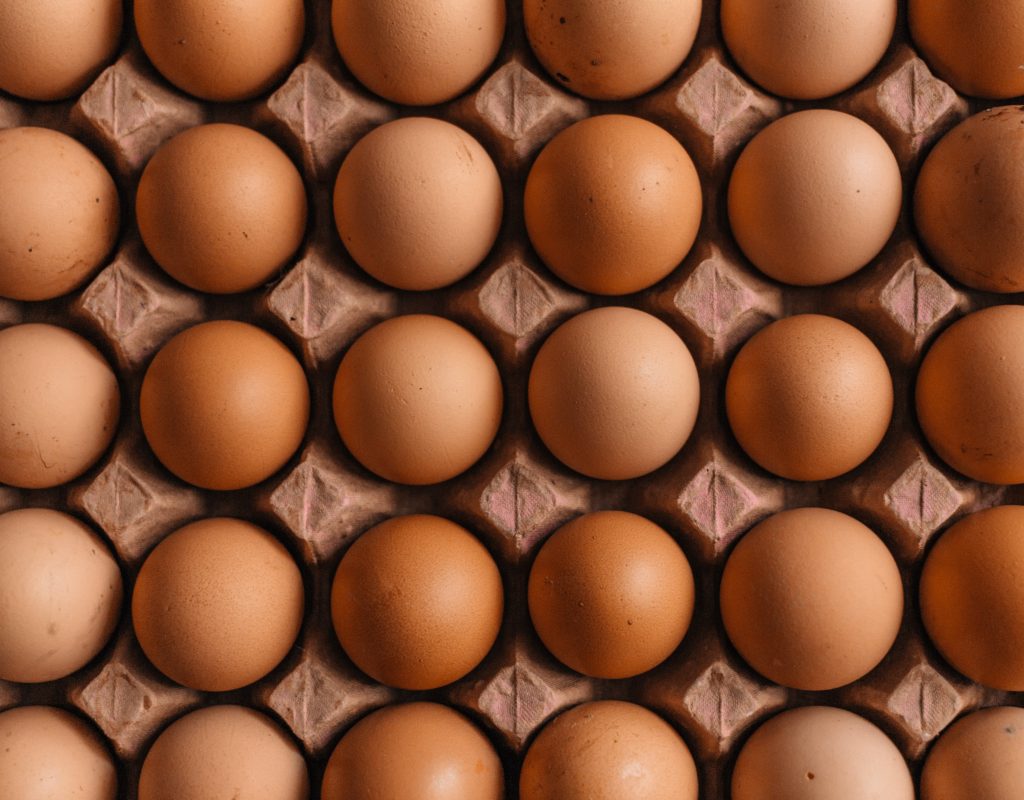Micronutrients are essential nutrients that our bodies need in small amounts to function properly. It can be challenging to get all of the necessary micronutrients in the right amounts from food alone nowadays, especially when you believe the lie that animal foods are unhealthy.
Micronutrients are often contrasted with macronutrients, which include carbohydrates, proteins, and fats. Unlike micronutrients, macronutrients are required in larger amounts by the body and provide energy.
While both micronutrients and macronutrients are important for overall health, micronutrients are often overlooked despite their crucial role in maintaining various bodily functions. It’s a common mistake to focus on calories only.
A Comprehensive List of Micronutrients
Here is a comprehensive list of micronutrients and their best natural food sources:
- Vitamin A (Retinol and Carotenoids) – Sources: Beef liver, egg yolks, cod liver oil, meat, fish, sweet potatoes, carrots, spinach, kale, cantaloupe, apricots, pumpkin, winter squash, red peppers, mango, and papaya.
- Vitamin B1 (Thiamine) – Sources: Pork, beef liver, seafood, whole grains, beans, nuts, seeds, potatoes, and asparagus.
- Vitamin B2 (Riboflavin) – Sources: Dairy products, meat, eggs, nuts, green leafy vegetables, mushrooms, and whole grains.
- Vitamin B3 (Niacin) – Sources: Meat, fish, poultry, whole grains, beans, and nuts.
- Vitamin B5 (Pantothenic acid) – Sources: Meat, organ meats, whole grains, legumes, avocado, mushrooms, and sweet potatoes.
- Vitamin B6 (Pyridoxine) – Sources: Poultry, fish, organ meats, meat, bananas, nuts, whole grains, and spinach.
- Vitamin B7 (Biotin) – Sources: Egg yolks, liver, meat, peanuts, and cauliflower.
- Vitamin B9 (Folate) – Sources: Beef liver, organ meats, leafy green vegetables, legumes, asparagus, brussels sprouts, and broccoli.
- Vitamin B12 (Cobalamin) – Sources: Meat, fish, poultry, dairy products, and eggs.
- Vitamin C (Ascorbic acid) – Sources: Citrus fruits, strawberries, kiwi, bell peppers, broccoli, cauliflower, brussels sprouts, tomatoes, and papaya.
- Vitamin D (Cholecalciferol and Ergocalciferol) – Sources: Fatty fish, egg yolks, and fish liver oils.
- Vitamin E (Tocopherols and Tocotrienols) – Sources: Nuts, seeds, leafy green vegetables, vegetable oils, and asparagus.
- Vitamin K (Phylloquinone and Menaquinones) – Sources: Organ meats, leafy green vegetables, such as spinach and kale, broccoli, and brussels sprouts.
- Calcium – Sources: Dairy products, canned fish with bones, dark leafy greens, and tofu.
- Chloride – Sources: Salt, seaweed, celery, and olives.
- Chromium – Sources: Meat, whole grains, nuts, and mushrooms.
- Cobalt – Sources: Organ meats, fish, and nuts.
- Copper – Sources: Organ meats, seafood, meat, nuts, seeds, whole grains, and legumes.
- Iodine – Sources: Seafood, seaweed, dairy products, and iodized salt.
- Iron – Sources: Red meat, poultry, fish, organ meats, legumes, and leafy green vegetables.
- Magnesium – Sources: Meat, whole grains, legumes, nuts, seeds, and leafy green vegetables.
https://twitter.com/coookwithchris/status/1523757515485290496?s=21&t=QKzYc-ZbnzCpRPxBEBJBAQ
Supplementation
While a balanced diet that includes a variety of whole, natural foods is an excellent way to ensure that you are getting all of the necessary micronutrients your body needs, some individuals may require additional supplementation to address underlying health issues.
In my opinion, if your diet requires you to take a lot of supplements you have to rethink your diet.
There are three micronutrients that are exceptions to the general rule of getting all of your necessary micronutrients from a well-balanced diet:
- Magnesium – Due to modern farming practices and soil depletion, it can be difficult to obtain enough magnesium from food alone. Supplementation can be a useful way to ensure adequate magnesium intake. Magnesium is involved in over 300 biochemical reactions in the body and is essential for many bodily functions, including muscle and nerve function, bone health, and energy metabolism.
- Vitamin D – While vitamin D can be obtained from food sources such as fatty fish and egg yolks, it can be difficult to obtain sufficient levels through food alone, especially in areas with limited sun exposure. Vitamin D is necessary for the absorption of calcium and phosphorus, which are important for bone health, and is also important for immune function.
- Creatine – Creatine is an amino acid that is naturally found in meat, fish, and eggs. It is involved in energy metabolism in the body and is commonly used as a supplement by athletes and bodybuilders to improve performance. While it is possible to obtain creatine through diet, supplementation can be useful for those with increased energy needs, such as athletes and those with certain health conditions.
Overall, while supplementation may be necessary in some cases, it’s important to prioritize a healthy diet rich in natural, whole foods to support optimal health and well-being.
As you might have noticed, the key take-away is to mainly eat animals (nose-to-tail) and whole fruits, and get sun daily.
